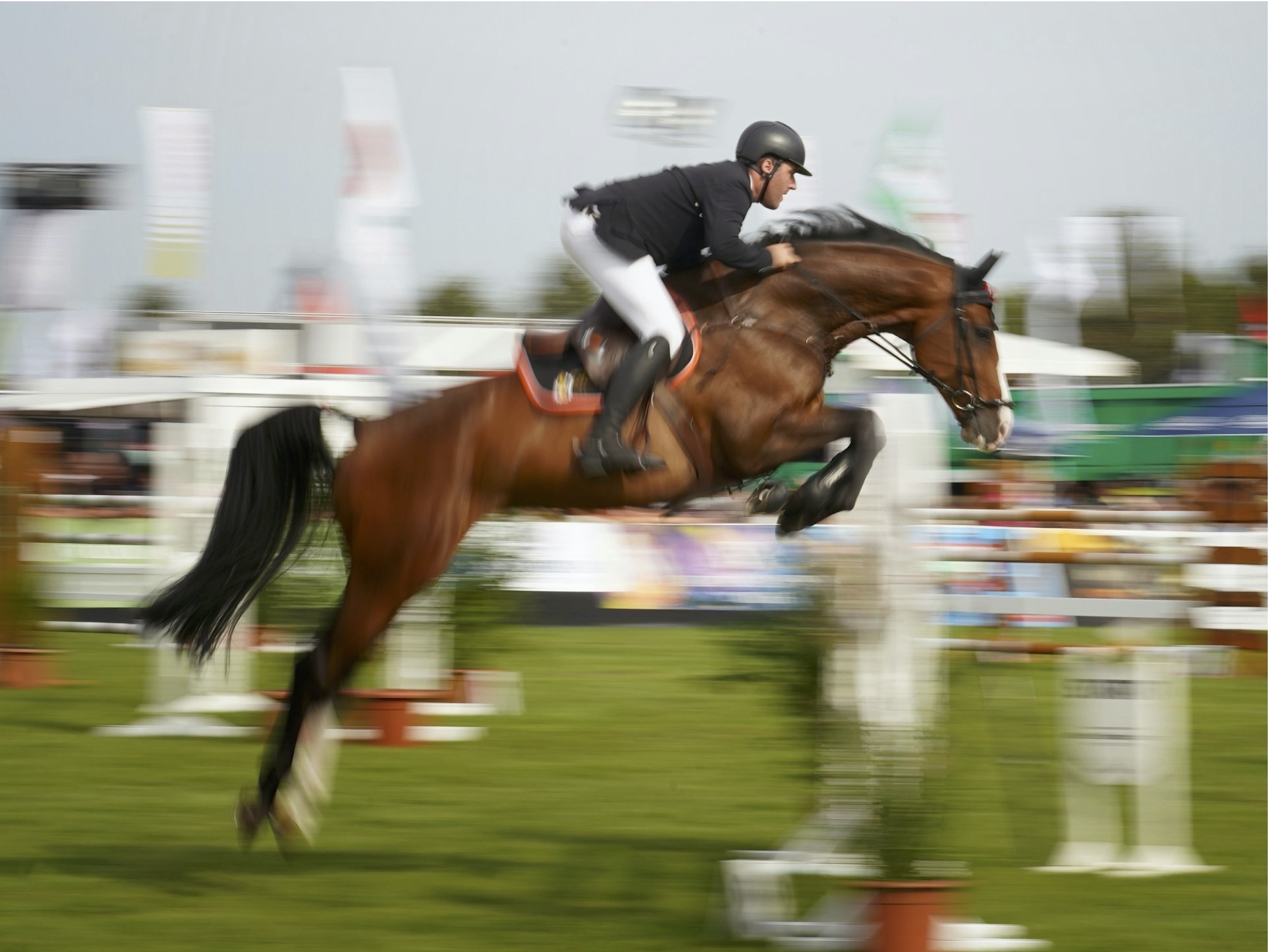‘Close to 100,000 vaccinations have been recorded so far in the FEI HorseApp,’ reported Gaspard Dufour, Director of Technology Operations of the International Equestrian Federation (FEI), during a webinar organised by the Federation of European equine veterinary associations (Feeva) on 29 September. The app was launched early 2025 ‘to facilitate the international movement of horses and limit problems with falsification and incorrect statements,’ explained Göran Åkerström, FEI Director of Veterinary and Equine Welfare.
Three types of veterinary users
Of particular importance is the proof needed that the veterinarian was with the horse at the time of vaccination, he stressed. For this, geo-localisation of the app is needed ‘which can be switched on only for the duration of the app’s activity’, Gaspard Dufour reassured. Looking back at the first months since the launch, he noted three types of users: official FEI veterinarians (1,611 so far), FEI-permitted treating vets (2,707) but also a growing number of non-FEI veterinary practitioners (10,717).
Bluetooth microchip scanner
He went on to describe three key features of the app. First, horse identification, which ideally should be done with a bluetooth microchip scanner. ‘The FEI website explains how to connect scanners with the HorseApp.’ If this is not possible or if the reader is low on batteries, a photo can be taken of the horse. ‘This is not ideal as photos can be fakes and need to be manually checked. From 2026, we will be blocking any incorrect image.’
‘Historical’ vaccination
Next, the vaccination course needs to be uploaded. If it's not a primary vaccination, details of the ‘historical vaccination’ will need to be uploaded. ‘In practice, however, this only means uploading the last valid vaccination against equine influenza, not the full vaccination history,’ Gaspard Dufour explained.
Offline mode
Finally, the app offers an offline mode in case of a poor of no network, which is not unusual if horses are vaccinated in the field or in isolated areas. ‘Rest reassured that all data are embedded in the app and will be recorded even without a network. All that is needed is a previously installed app that is synchronised. Once back on the grid, the data will be entered automatically.’
Check before leaving the practice!
A tip: make sure the app is installed before arriving at the stables. ‘When making the appointment, always ask if an FEI vaccination is required, so you have time to install and update the app,’ Jenny Hall (chair of the FEI veterinary committee) suggested. Gaspard added: ‘if you’re in a hurry or need to leave for an emergency, you can simply identify the horse – by scan or a photo – and save the vaccination records as a draft and submit the data later.’
Concerns from equine practitioners
Some concerns were raised by Vincent Boureau, Feeva representative for AVEF, the French equine veterinary association. ‘Currently there’s no direct link between the French veterinary data collection system CalypsoVet and the FEI HorseApp, which means an increased administrative burden, recording vaccinations three times: in CalypsoVet, in the app and in the horse’s passport.' Göran explained that the FEI had 135 ‘very diverse’ national members, which all could use the app. Gaspard added that the FEI was in touch with the French statutory body to try and ‘get the systems streamlined.’
‘Better communication with vets in the field’
Vincent Boureau also regretted that the FEI tool had been implemented without prior consultation with national equine veterinary organisations. This was acknowledged by Göran, who said that the FEI national head veterinarians were mainly charged with liaising with the competent authorities, not necessarily with the equine veterinary associations, although some were highly engaged. ‘We’ve learned we need to be more active in this,’ he conceded.
More in Lyon on 22 October
Other issues, such as the discrepancy between FEI vaccination requirements and (legally binding) SPCs of vaccine manufacturers in the EU, access by non-licensed veterinarians, professional responsibility and more will be discussed with FEI representatives at the upcoming Feeva GA, to be held in Lyon on 22 October on the occasion of the AVEF annual congress. The 29 September webinar can be viewed here. Feeva is a member association of the UEVP.
(photo ©Daniel Schuh/Unsplash)
